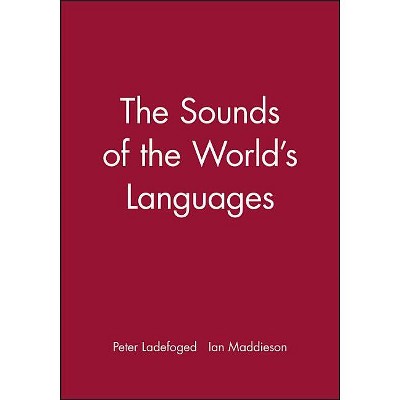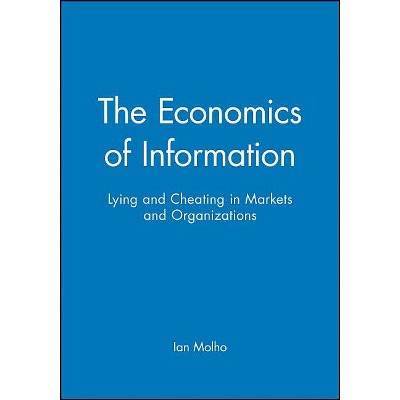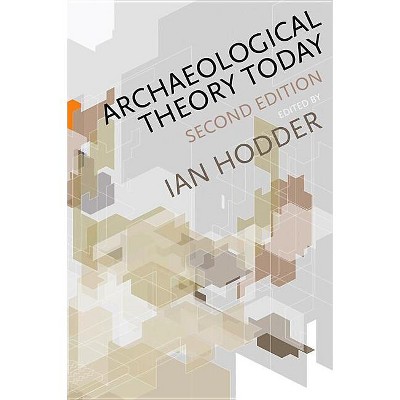About this item
Highlights
- Offers a comprehensive and accessible introduction to the theory of material entanglement and entrapment, enriched with vivid examples from everyday life Entangled explores how archaeological evidence can help provide a better understanding of the direction of human social and technological change, demonstrating how the interrelationship of humans and things is a defining characteristic of human history and culture.
- About the Author: Ian Hodder is Dunlevie Family Professor Emeritus in the Department of Anthropology at Stanford University and Professor of Archaeology at Koç University, Istanbul.
- 240 Pages
- Social Science, Archaeology
Description
About the Book
"This is a substantial revision of the first edition. Perhaps most importantly I have now included a chapter on human to human entanglements and have pulled human relations more into the center of entanglements. This results from my critique of the notion of symmetry between humans and things that has widely been touted in recent years in archaeology and related disciplines but has raised ethical issues with which I concur and discuss in this volume. Another important change is that I have, after further thought, retreated from the notion of 'things-in-themselves' and from the object nature of things. I was wrong in the first edition to argue that things can exist outside their relations. The result is a more fully relational stance. I have also paid greater attention to flows and temporality. The greater focus on relationality is underpinned by a recognition that all things and humans are in flux. Change through time undermines notions of the fixed spatial extension of things. There is thus greater attention paid to the forces that generate flows, and an overall shift from being to becoming"--Book Synopsis
Offers a comprehensive and accessible introduction to the theory of material entanglement and entrapment, enriched with vivid examples from everyday life
Entangled explores how archaeological evidence can help provide a better understanding of the direction of human social and technological change, demonstrating how the interrelationship of humans and things is a defining characteristic of human history and culture. Using examples drawn from both the early farming settlements of the Middle East and daily life in the modern world, Ian Hodder highlights the complex co-dependencies of humans and things--arguing that the maintenance and sustaining of material worlds are the unseen drivers of human development.
Updated and expanded, Entangled offers new perspectives on the study of the relationality between things and humans. In this edition, the author reframes relationality in terms of various forms of dependence to better explore inequality, injustice, and the ways people get entrapped in detrimental social and economic situations. An entirely new chapter focuses on human dependence on other humans, such as between colonial powers and colonized people. Increased focus is placed on object-oriented ontologies and assemblages, symmetrical archaeology, and indigenous and radical approaches in archaeology that critique relationality and posthumanism. A wide range of new examples, references, and literature are presented throughout the book.
- Argues that dependence on things forces humans down particular evolutionary pathways and social trends
- Demonstrates how long-standing entanglements can be irreversible and increase in scale and complexity over time
- Integrates archaeology, natural and biological sciences, and the social sciences
- Presents a critical review of key contemporary perspectives, including material culture studies, phenomenology, evolutionary theory, cognitive archaeology, human ecology, and complexity theory
Entangled: A New Archaeology of the Relationships between Humans and Things, Second Edition is essential reading for undergraduate and graduate students, lecturers, researchers, and scholars in the fields of archeology, anthropology, material culture studies, and related fields across the social sciences and humanities.
From the Back Cover
"Unlike the example of Theseus's ship, Hodder's new Entangled uses many of the same planks to create a different vessel. Things are still front and centre, but now they are radically recast as conduits through which forces flow, forces that move from past to future through a non-existent present of solid objects that is our own projection. Hodder has let his thinking flow over the shifting theoretical terrain of the last decade, revealing a new direction for archaeological interpretation."
--Carl Knappett, Professor and Chair, Art History, University of Toronto
"In this enhanced second edition, enriched by a focus on flows and process, the master of archaeological theory demonstrates that his work remains as central to contemporary debates as ever."
--Oliver Harris, Associate Professor of Archaeology, University of Leicester
Entangled presents a comprehensive and accessible introduction to the theory of material entrapment, exploring how archaeological evidence can provide a clearer understanding of human social and technological development. Drawing on vivid examples from early history to modern life, Ian Hodder's innovative volume illuminates the entanglement of people and things as a defining characteristic of human history and culture.
Entangled demonstrates that the co-dependency of humans and objects is the essential, unseen driver of human development. This revised and expanded edition provides fresh perspectives on this relationality, reframing it in terms of dependency to better explore inequality and injustice. An entirely new chapter explores human dependency on other humans, and there is a new focus on object-orientated ontologies, symmetrical archaeology, and indigenous approaches to archaeology.
Entangled: A New Archaeology of the Relationships between Humans and Things, Second Edition, is essential reading for undergraduate and graduate students, lecturers, researchers, and scholars in the fields of archaeology, anthropology, material culture studies, phenomenology, and evolutionary theory.
About the Author
Ian Hodder is Dunlevie Family Professor Emeritus in the Department of Anthropology at Stanford University and Professor of Archaeology at Koç University, Istanbul. He led a large-scale excavation project at the Neolithic site of çatalhöyük in Turkey between 1993 and 2018. His books include Symbols in Action, Reading the Past, The Leopard's Tale: Revealing the Mysteries of çatalhöyük, The Domestication of Europe, The Archaeological Process: An Introduction, and Archaeological Theory Today.












